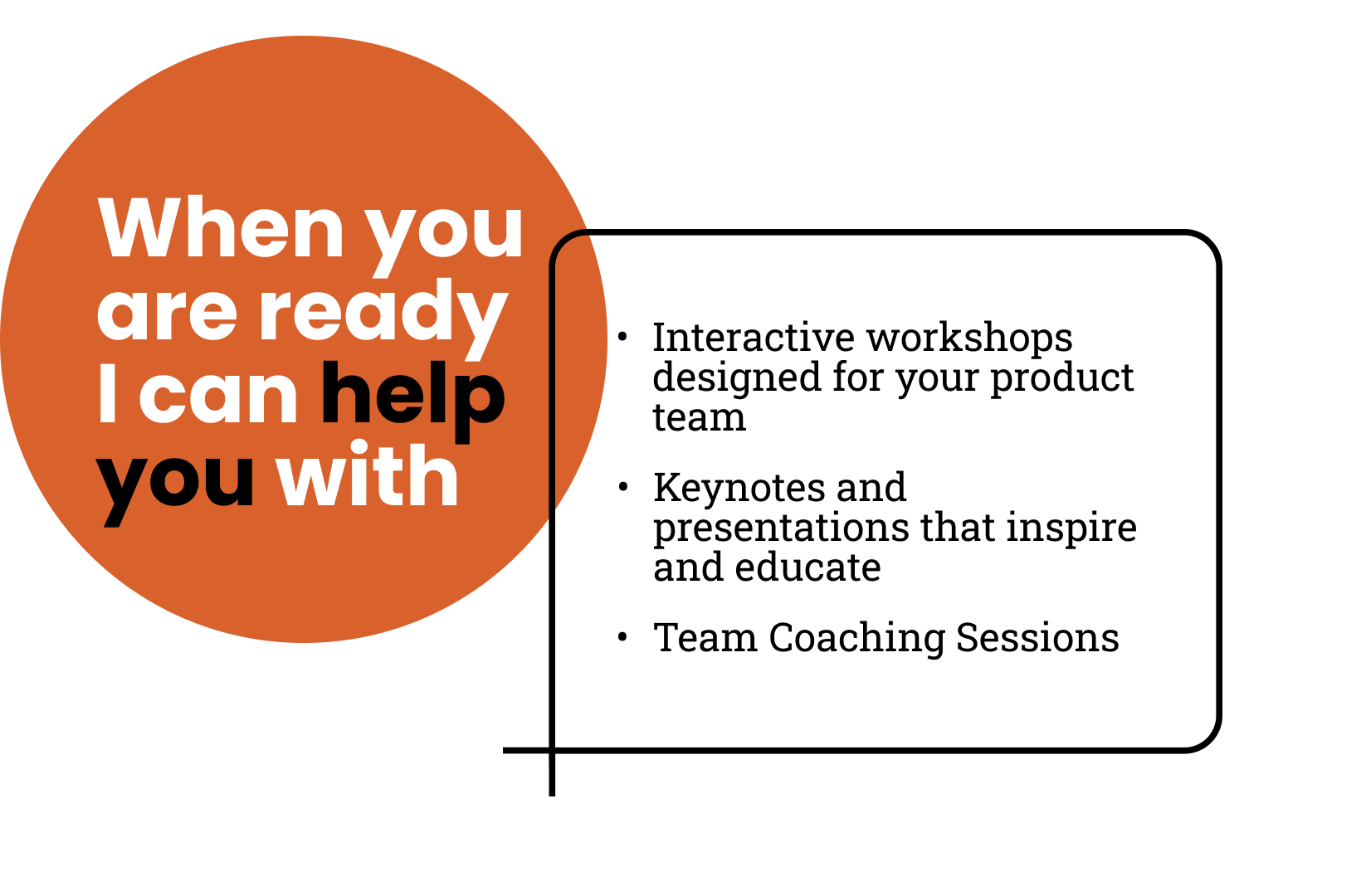Hey product folks!
We've been on quite a journey exploring the Five Deadly Sins of Strategy. In our previous newsletters, we unmasked two of them: ambiguity and hiddenness. We learned how vague objectives can leave teams scratching their heads, and how hidden strategies can turn your brilliant plans into a frustrating game of hide-and-seek.
Today, we're diving into the murky waters of the third deadly sin: untrustworthiness. We'll explore why this sin is so detrimental, how to spot it in your organization, and most importantly, how to banish from it.
Get ready to meet Hannah from BobCo, who learned the hard way that in the game of product strategy, honesty isn't just the best policy - it's the winning move. Her tale of redemption will show us how transparency can transform a team from secretive skeptics to collaborative champions.
The Peril of Secrecy
Untrustworthiness rears its ugly head when teams hesitate to fully commit to strategic initiatives. This reluctance often stems from past failures or a disconnect between stated goals and actual organizational actions.

At BobCo, Hannah thought that she and her team had a great strategy, and those on the team felt empowered to get things done. That said, she found other stakeholders indifferent at best and hostile at worst when she needed information for the team to do its job. Finally, about nine months in, someone from sales pulled her aside and told her, “Everything you all do is a secret — the product is a black hole. We don’t know what works or what doesn’t, so sometimes other departments feel like you and your team don’t always tell the truth.”
Why did that happen?
Hannah's department became the Bermuda Triangle of information. Other teams grew more suspicious than a cat eyeing a cucumber. This distrust led to strained relationships, miscommunications, and failed collaborations that hampered the company's progress faster than a lead balloon. Hannah could sense the mounting frustration and knew something had to change.
The tipping point? A critical project stalled because another department refused to share vital data, citing concerns about transparency and accountability. Hannah realized that without trust, her team's efforts would continue to be undermined like a sandcastle at high tide.
Why Should You Avoid This?
Trust is required to have teams work efficiently - without it, everything grinds to a halt.
A strategy becomes untrustworthy when it fails to secure team buy-in, often due to a lack of belief in its feasibility or alignment with organizational values, leading to resistance and low morale.
Remember, in the game of product strategy, honesty isn't just the best policy - it's the winning move.
The Transparency Challenge
For one week, commit to sharing a daily update on your team's progress, including both wins and setbacks, with other departments. Track how this impacts cross-team collaboration.
What do you think of today’s newsletter?
Loved it: Share with a friend or leave a short comment.
Could be better: Please share how can I make it better
I’m new here: catch up with my featured articles and podcasts on Authory

Ready to unwrap a strategy that doesn't gather dust faster than your holiday decorations? I offer a free workshop as a Holiday special to help product leaders craft their strategy for the next year.

Here is the link for the workshop description
Don't let another year go by with a strategy that's as stale as last year's gingerbread house. Join me for a session that's more fun than untangling holiday lights.

